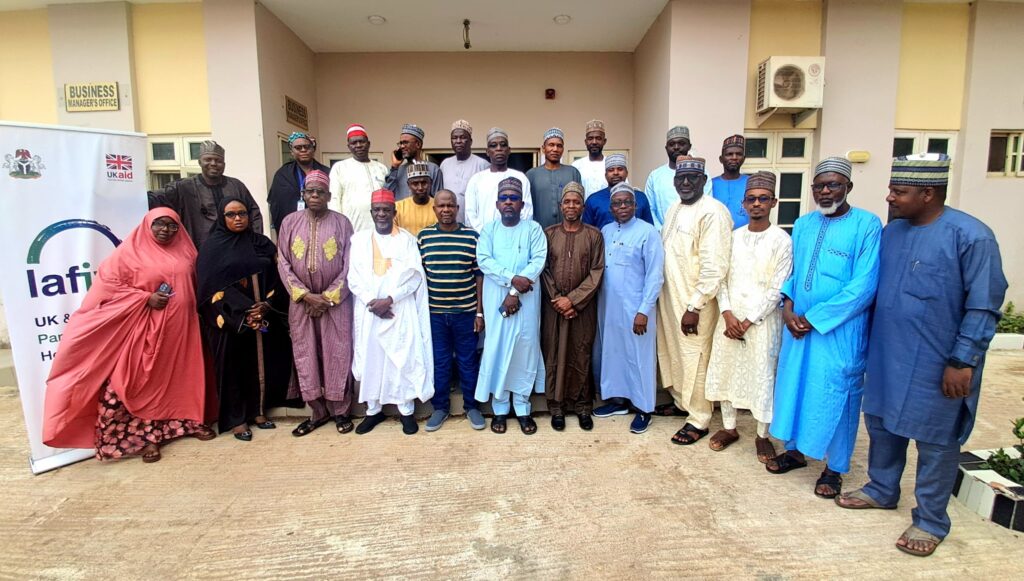Kano Moves to Review Drug Prices Amid Inflation, Seeks Sustainable Healthcare Model
The Kano State Government has inaugurated a high-level workshop to review its Drug Revolving Fund (DRF) pricing policy.
This is contained in a Statement Sign by Faruk Isah Musa public relations officer DMCSA
According to him The two-day event, which concluded today at the Bafra International Hotels in Kaduna, was convened by the State Ministry of Health through its Sustainable Health Commodity Supply System Committee (SHCSS-C), in collaboration with the UK Government’s Foreign, Commonwealth, and Development Office (FCDO) Lafiya Programme.
The DRF is a critical cost-recovery system designed to ensure the continuous availability of essential, quality-assured medicines in public health facilities across the state. However, rising economic pressures have necessitated a urgent review of its pricing structure to prevent stock-outs and ensure affordability for citizens.
FG reaffirms commitment to research, innovation at UDUTH conference
President Tinubu orders shutdown of all illegal tertiary institutions in Nigeria
Katsina stakeholders seek new strategy to combat banditry
Declaring the workshop open, the Permanent Secretary of the Ministry of Health, Pharm. Aminu Bashir, emphasized the timeliness of the review. Represented by the Director-General of the State Primary Health Care Management Board, Prof. Salisu Ibrahim Ahmad, Bashir stated,
“As with all policies and systems, it is essential that we periodically review and refine our approaches to reflect changing realities —be they economic, logistical, or epidemiological.”
He challenged participants to develop a policy that is “fair, realistic, and aligned with our broader goal of universal health coverage.”
In his welcome address, the Director-General of the Kano State Drugs and Medical Consumables Supply Agency (DMCSA), Pharm. Gali Sule, outlined the workshop’s goal. He said it was a timely opportunity to
“assess the current pricing framework, identify gaps, share lessons, and collaboratively develop recommendations” that align with the state’s health goals.
Pharm. Gali Sule lamented that economic conditions and supply chain challenges have put the DRF under “necessary scrutiny,” and called for open dialogue to shape a more transparent and sustainable model.
The Chairman of the SHCSS-C and Director of Pharmaceutical Services, Pharm. Kamilu Mudi Salisu, detailed the workshop’s objectives to include reviewing the current pricing structure, evaluating its impact on drug availability and affordability, and exploring global best practices.
“Reviewing the DRF pricing policy is essential to protect access to affordable medicines while maintaining the financial sustainability of the fund,” he stated.
Commending the state’s initiative, the State Team Lead of the FCDO Lafiya Programme, Alh. Abdulkadir Salisu Kabara, urged participants to engage in data-driven discussions.
He expressed optimism that the outcomes would lead to “actionable recommendations for a revised pricing framework” and strengthen the overall efficiency of the DRF system in Kano.
The workshop brought together key stakeholders from government health agencies, healthcare facilities, development partners, health financing experts, and community-based organizations. The session was facilitated by Pharm. Ali Adamu, an expert in health supply chain management.


